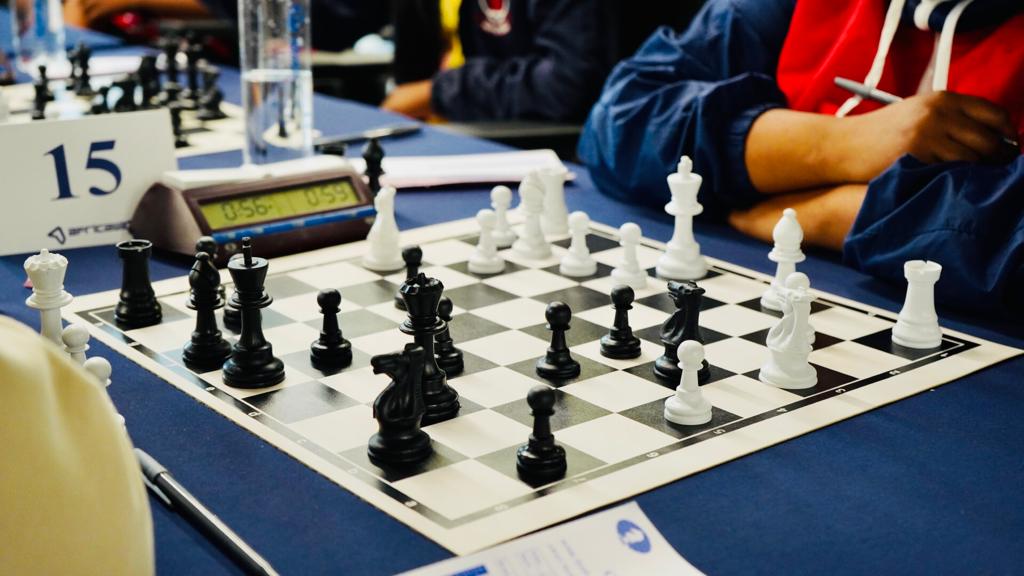
ZIM Chess Consultancy Private Limited has officially announced the launch of ZIM Chess Rating, a new rating system designed for local chess tournaments.
The initiative primarily aims to address the challenge of providing individual ratings for participants in school events, which has proven difficult using the internationally recognised FIDE rating system.
The absence of a standardised rating system has long been a challenge in Zimbabwean chess, hindering the ability to objectively measure the performance and progress of players over time.
However, with the introduction of the ZIM Chess Rating, players, particularly juniors, now have a reliable metric to gauge their strengths and track their development.
Lawrence Tavagwisa, Secretary of ZIM Chess Consultancy, highlighted the core principles and values that form the foundation of the ZIM Chess Rating system. These include transparency, professionalism, affordability, accessibility, progression, fairness, and community involvement.
“The core principles and values surrounding the ZIM Chess Rating are transparency, professionalism, affordability, accessibility, progression, fairness, and giving back,” Tavagwisa emphasised.
The ZIM Chess Rating system functions similarly to the FIDE rating system for rapid games, known as the Elo rating. The primary difference lies in the initial rating assignment for new players registered in the database. Players who do not have a FIDE rating will be assigned a baseline rating of 1400. On the other hand, players who already have a FIDE rating will utilise that rating as their starting point.
International Arbiter (IA) Simbarashe Murimi, Chairman and Co-director of ZIM Chess Consultancy, expressed the organisation’s dual objective of elevating the playing standards of Zimbabwean youth while providing financial support to the federation.
“We intend to upgrade the playing level of our youngsters and, at the same time, assist our federation financially,” Murimi affirmed.
The organisation aims to expand its chess initiative throughout Zimbabwe, making it accessible to all tournament organisers while ensuring strict standards are upheld. Once launched, a comprehensive handbook will be published to provide guidelines for both organisers and players on how the rating system operates and how to have their tournaments rated.
“Each month, we will release ranking lists across multiple categories to enhance visibility and help identify players more easily. Participants can check their names and any rating changes based on their tournament performance during that period. These rankings will simplify identifying and selecting top players for various purposes, including pre-tournament pairings,” Tavagwisa added.
“With this project, which we have been working on for the past two years with limited resources, we hope for a bright future for Zimbabwe Chess and grassroots development.”






